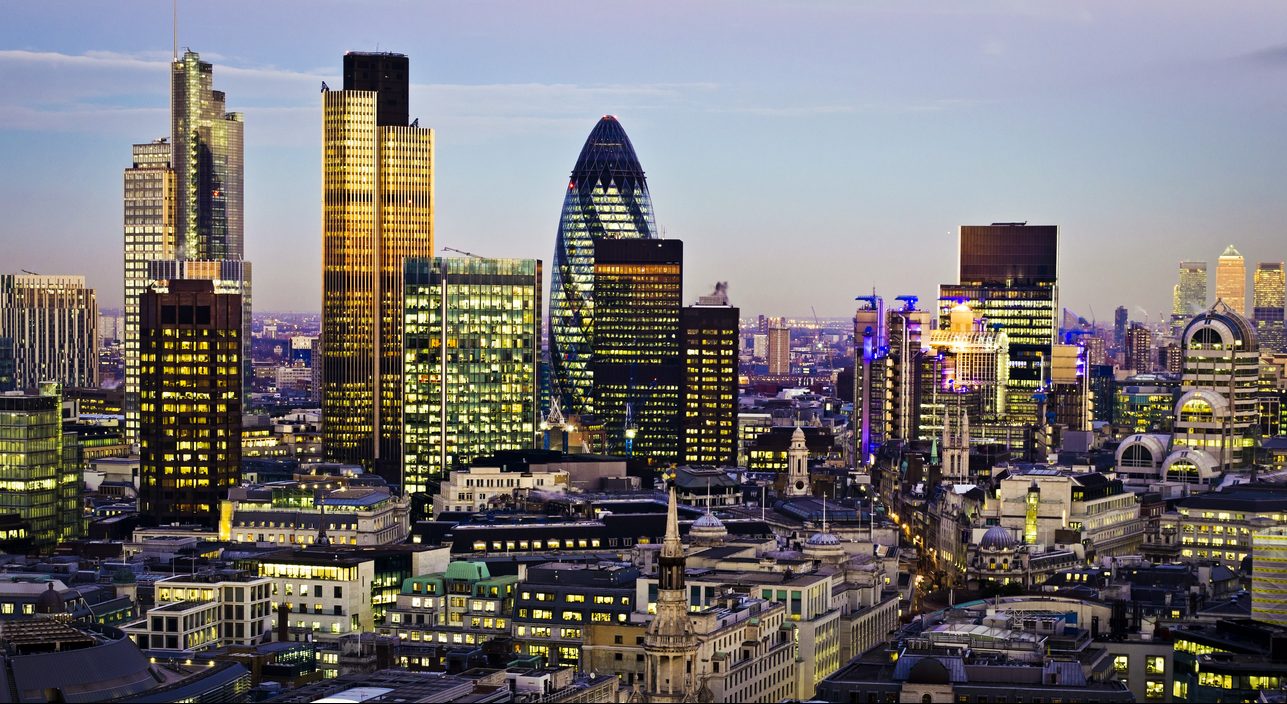Major companies are uniquely placed to provide support for smaller entities in a crisis. Doing so is not only morally responsible, but better for all businesses in the long run.
Richard Hurd-Wood, CEO of Virgin Experience Days, explains how big business can safeguard SMEs during the pandemic and how the economy can be made better off for it.
The latest Office for National Statistics (ONS) data shows that by the end of November, UK GDP had dropped 8.5% off pre-pandemic levels. The impact of renewed restrictions in the second lockdown added a further 2.6% month-on-month hit in November.
With a third lockdown currently in place and all the associated restrictions, there are concerns that we are heading for a “double-dip recession”.
Almost every sector in the UK has been affected by the pandemic, but few more so than hospitality. Earlier this month, the Government reacted by announcing new emergency support for non-essential retail, hospitality and leisure businesses which have been ordered to close until at least 22 February. The new support will offer companies a one-off grant of up to £9,000 through to March "to support businesses and protect jobs".
An estimated 600,000 properties are expected to benefit from the much-needed support package worth £4.6 billion. It comes at a crucial time as the Federation of Small Businesses (FSB) also released a report showing that a record 250,000 small firms are set to close this year due to the financial pressures of the pandemic.
And while the new emergency support package is a promising development, the FSB’s report shows more needs to be done to save independent businesses from collapse. Small companies are the essence and lifeblood of the British economy. They support thousands of jobs, bolster local economies and bring new forms of innovation to established sectors. Larger businesses must therefore do their bit to help smaller companies survive the impact of coronavirus – not only because it’s the right thing to do, but because its absolutely integral to the revival of the British economy.
Small companies are the essence and lifeblood of the British economy.
The roll-out of the vaccination last week exceeded four million, leaving Britain with the fourth best coverage of the population per capita in the world. And there are reports that all adults will be vaccinated by the end of June, leading Matt Hancock to promote UK staycations and herald the dawn of “a great British summer”.
There is certainly hope on the horizon. But the private sector should take on its fair share of the burden to help keep smaller businesses afloat during the challenging months ahead.
How big business can support small business
Naturally, many small businesses hit hard by the pandemic will look to the government first for support. As well as the recent grant announced by the Chancellor, the Government has also implemented a Coronavirus Business Interruption Loan Scheme, a Coronavirus Small Business Grant Fund and Bounce Back Loans. And there are suggestions that more financial support could be on its way for ailing businesses in the Chancellor’s March Budget in the shape of a further extension of furlough and of business rates and VAT support. But big businesses also have a role to play.
Some household brands have responded quickly to the economic impact of the pandemic to support smaller businesses financially. For example, payments company Visa has committed to provide $210 million in COVID-19 relief funding to address the longer-term needs of the small and micro business community over the next five years.
As well as financial support, others are also offering training, virtual roadshows and toolkits. Facebook, for example, launched a new scheme in partnership with Be the Business to help 1.4 million micro and small businesses. These include virtual events, peep-to-peer groups and a new 'Messenger Bot' offering tailored advice depending on the status of the business.
Some household brands have responded quickly to the economic impact of the pandemic to support smaller businesses financially.
Big business support may even be as simple as offering brand awareness. At Virgin Experience Days, we partner with over 1,000 suppliers – most of which are small businesses. We act as a hub to represent these businesses and a platform to amplify awareness of their offering through the familiarity of the Virgin brand. It’s important we champion experiences run by independents as much as the more established hospitality businesses, and the business plays its part by promoting them and subsequently driving sales, product awareness and website traffic.
The rewards on the other side of the pandemic
If big businesses continue to support small businesses through the third lockdown and beyond, potential rewards await on the other side.
We saw this in practice last summer after social restrictions were loosened on 4 July. With the majority of Brits opting for staycations over holidays abroad and targeted measures, such as the Chancellor’s Eat Out to Help Out scheme, consumer confidence was restored despite the stubbornness of the virus. As a result, UK GDP grew at a record 15.5% in Q3.
Andy Haldane, Chief Economist of the Bank of England, believes there is “huge pent-up demand” for services inaccessible during the lockdowns, and that a big spending spree in 2021 will help the economy bounce back quicker than forecasters expected.
He said: “The UK savings ratio, which measures how much of disposal incomes is set aside, rose to 29% between April and June, compared with 6.8% in the same period last year. The ratio is more than twice as high as the previous record of 14.4%, set almost three decades ago. These are very promising signs for businesses operating in hospitality.”
[ymal]
This sense of optimism for the future is reflected by small businesses too. A survey of 500 SME owners, conducted by Starling Bank and the Great British Entrepreneur Awards, found an overwhelming majority (70%) feeling positive about 2021.
For now, businesses must continue to live with the virus, but hope lies just around the corner. With the support of government and big business, many small businesses have remained resilient and shown great dynamism and creativity to adapt to the new normal and survive.
The strong and rapid recovery of the economy and in particular retail, leisure and hospitality sectors when restrictions loosened in the summer can be replicated again this year. And with a more effective means to subdue the virus’s return through the vaccine roll-out, combined with strong consumer appetite and financial savings, plus the support of larger businesses, there is optimism we will see a more sustained recovery than the last.











